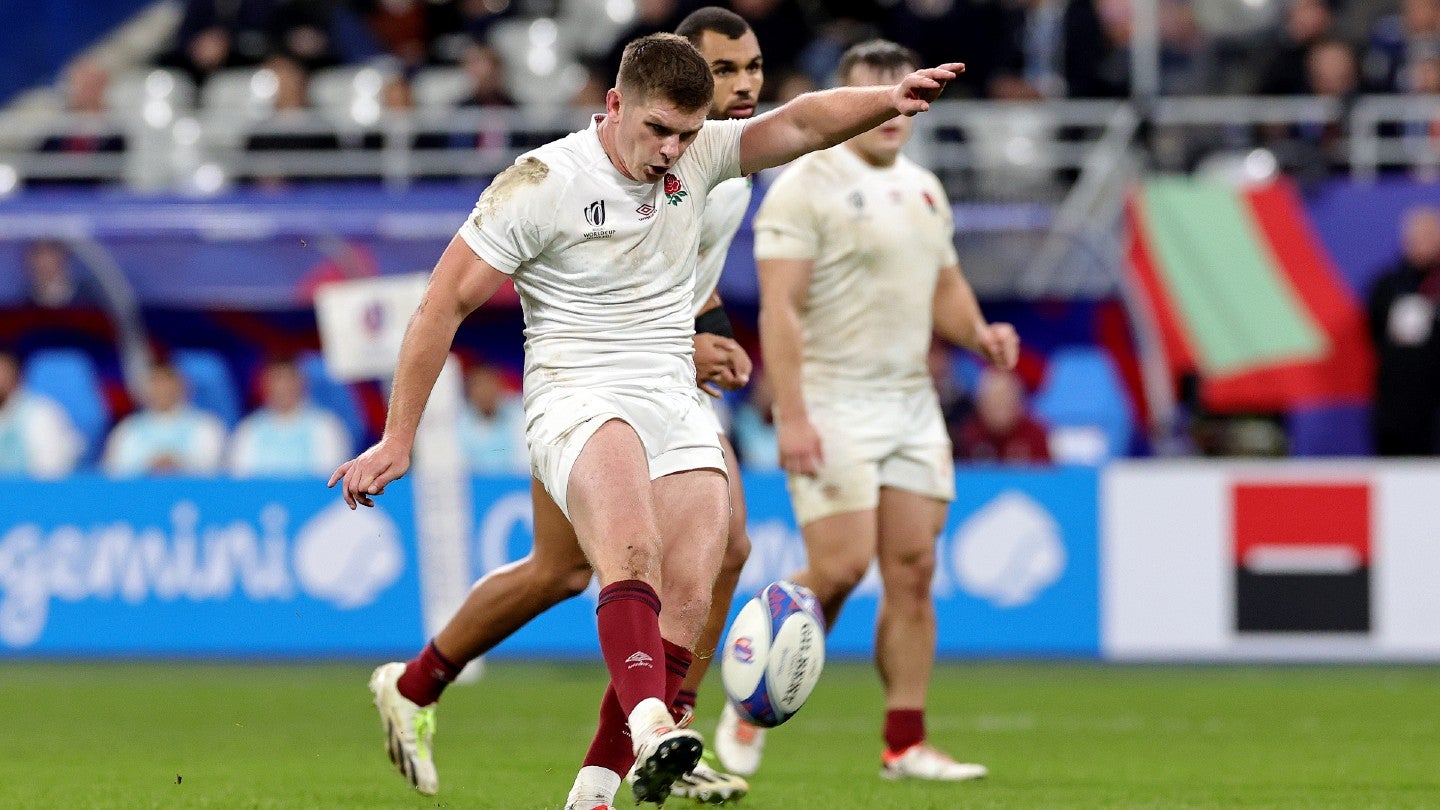
England’s Rugby Football Union (RFU), the national governing body for rugby union, has paid off all its debt amassed during the Covid-impacted years and reported a profit of £4 million ($5 million) for 2022-23.
The governing body said despite its £4 million operating profit being £11 million less than the previous year, it was able to pay off all debts from Covid-impacted years with £24.9 million in cash and £25 million in deposits.
Overall, the RFU posted revenues of £221.4 million for 2022-23 compared to £189.1 million for the 2021-22 season, despite three of its top-tier Premiership clubs – the Wasps, London Irish, and Worcester – falling into bankruptcy during the year.
This year’s increased revenues reflect a period where there was an increased number of home internationals staged at Twickenham Stadium due to it being the third year in the Rugby World Cup cycle.
However, the RFU warned that next year’s results will show a “significant loss.”
RFU chief executive Bill Sweeney added: “Wasps, Worcester, and London Irish going into administration was the single most defining aspect of the men’s professional game last season. The after-effects of Covid, levels of debt, and the economic environment brutally exposing difficulties for business models with existing challenges.
“The coming years will continue to be challenging with inflationary pressure on our costs, our revenues being under pressure from deduced discretionary spend, and the recovery of corporate confidence. We will continue to implement strong cost control and prudent fiscal management.”
Among its announcements, the RFU reported increased investment into England teams from £20.8 million to £25.5 million on the back of sacking men’s team coach Eddie Jones and appointing Steve Borthwick and his assistants, as well as the women’s team participating in the Rugby World Cup.
Broadcast revenues, however, remain below pre-pandemic levels, falling to £40.9 million from £43.6 million in the previous year on the back of the men’s team finishing fourth in the Six Nations this year as opposed to third last year. The slip in ranking saw the team receive less money as part of the competition’s distribution model, as well as its deal to share broadcast revenue with private equity firm CVC.
Responding to the fall, the RFU said: “This is the revenue category that remains furthest behind pre-pandemic levels; driving for long-term growth in this area will be a significant focus in the coming year, alongside Six Nations Rugby Limited.”
Sponsorship revenue, meanwhile, increased from £24.1 million in 2021-22 to £25.8 million in 2022-23 on the back of new deals with pizza restaurant Papa John's and energy supplier Pozitive Energy, as well as fee increases with existing partners.
Ticket income from seven men’s home matches increased to £48.4 million compared to the £33.7 million generated from five matches the previous year.
The world record audience that attended the England women’s win over France in the Six Nations, meanwhile, contributed about £1 million of revenue from hospitality and catering. Revenues from hospitality and catering reached their highest levels ever at £70.8 million from £61.5 million in the previous year.
Sue Day, the RFU’s chief operating officer and chief finance officer, said: “It has been a challenging few years financially for rugby in England. The RFU is facing these challenges too, but from a position of stability because of our strong financial discipline.
“It is critical that we maintain that discipline so that we can continue to support all elements of the game now and in the future. We have made an operating profit in the year of £4 million, but are facing challenging future economic conditions, and so it remains very important to manage our finances very tightly.”



